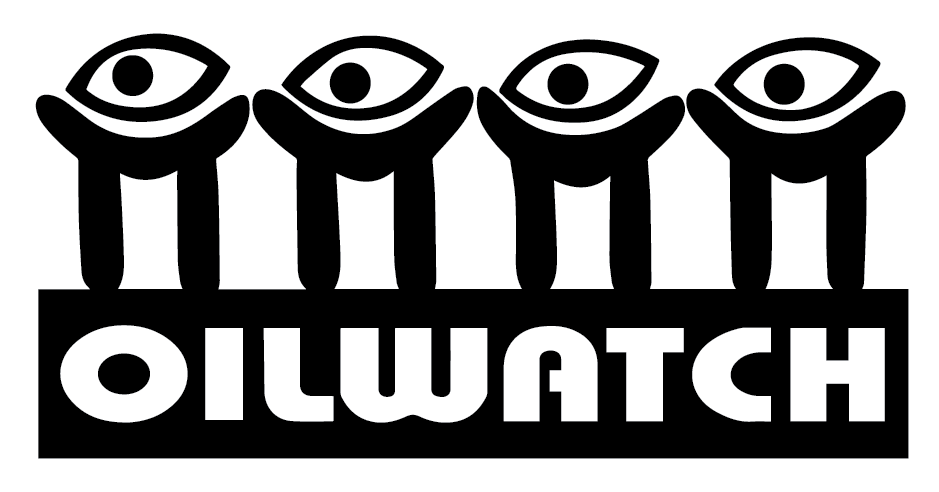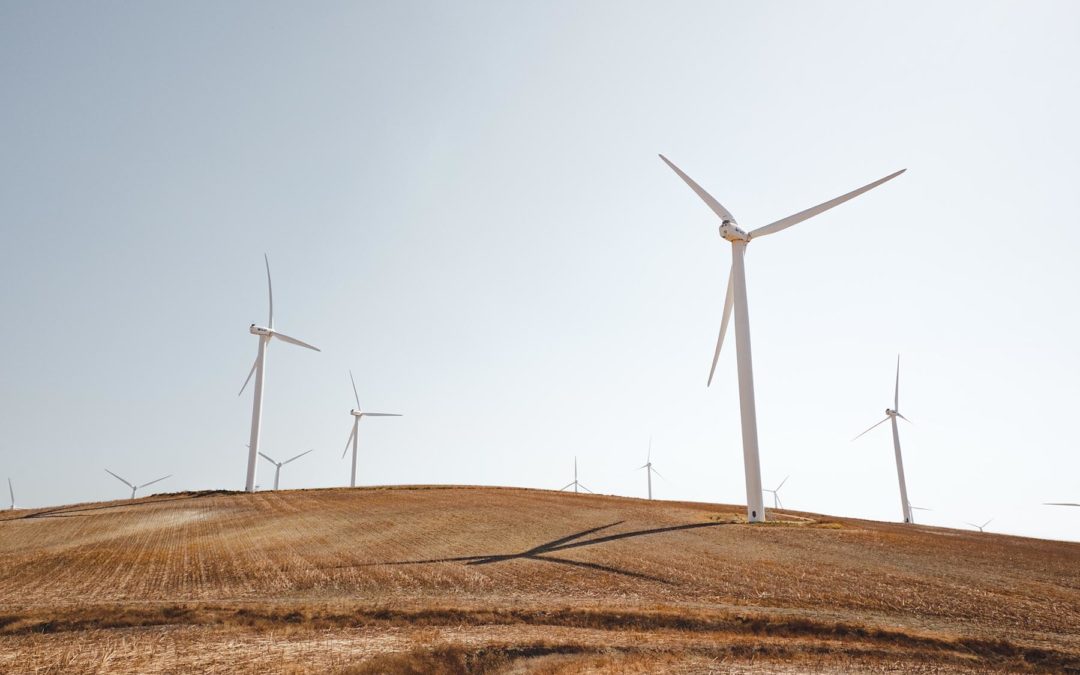On the 22nd and 23rd June 2020, local and international CSOs / NGOs from Ghana, Togo, Senegal, Brazil, Philippines, Algeria, Kenya as well as from Nigeria, joined Health of Mother Earth Foundation (HOMEF) in a two-day virtual dialogue / School of Ecology on Climate and Power Alternatives.
The event which also had students, community representatives and the academia participating interrogated the impacts of Climate change as it relates to energy and power alternatives in Africa and across the world. The dialogue highlighted alternatives to fossil fuels while challenging peoples/communities to see themselves as climate actors to demand an end to dirty energy dependency and the accompanying environmental degradation.
Speakers at the event included Nnimmo Bassey (Nigeria), Ken Henshaw (Nigeria), Fatima Diallo (Senegal), Marcelo Calazans (Brazil), Ikal Angelei (Kenya), Philip Jakpor (Nigeria), Chibezie Ezekiel (Ghana), Babawale Obayanju (Nigeria), Hamza Hamouchene (Algeria), Enteng Bautista (Philippines) Emem Okon (Nigeria) and Kwami Kpondzo (Togo).
Participants agreed that oil dependency has spelt a big challenge for African governments which has been heightened by the COVID-19 pandemic. Series of climate change impacts such as extreme floods, cyclones, droughts and locust invasions that our reliance on fossil fuels to drive our economies has wrought were discussed.
It was noted that Africa certainly needs better energy access as over 640 million Africans (according to the African Development Bank) have no access to energy, corresponding to an electricity access rate for African countries standing at just over 40 percent and as the lowest in the world. It was however stated that we need to ensure better energy access based on a climate justice mindset which drives the political will to draw an immediate and long-term plan to power Africa from the abundant renewable resources she has while ensuring that these do not come with green land grabs and diverse dispossessions of poor communities and peoples.
We need a new mindset to build alternative power structures that would birth continent-wide distributed renewable energy micro-grids managed by communities and associations and not by shylock private companies. The failure to deliver power to the majority of Africans increases and locks in energy inequalities
From the presentations and interactions, the following observations were made:
- For a sustainable energy transition, there must be full understanding of what energy and power is needed for, autonomous determination of what constitutes development, progress and wellbeing
- It is fundamentally necessary to develop the right analysis of Africa’s political economy in order to draw up medium- and long-term plans for energy transition.
- Communities are largely side-lined, ignored or left out in decision making in the energy sector.
- Government/policy makers are more interested in markets rather than energy democracy which embraces people at the grassroots
- The fossil fuels industry promotes the false narrative that fossil fuels are infinite
- Women are at the receiving end when it comes to the impacts of fossil fuels extraction and are not given a seat on the table when decisions relating to the sector are being formulated by government/policy makers.
- Communities and environmental defenders across the world are being suppressed and denied opportunities to assert their rights to choose energy forms that are useful to them.
- The alliance between African governments and extractive companies has led to the thinking that the continent can only produce power and develop by use of fossil fuels
- The struggles of communities in Africa, Latin America and South East Asia for energy democracy and to free their territories of polluting fossil fuels activities provide key learning opportunities.
- Learning from other regions is important for the development of wholistic responses to power/energy challenges taking into account the colonisation of natural and mental territories and environments by the fossil fuel industry
Following the rigorous deliberations and observations, the dialogue concluded with the under listed outcomes/demands:
- The people should be given the opportunity and space to decide on the kind of power /energy system they need and how they get it. Their rights to live in harmony with nature and have their knowledge respected should be taken into account in national, regional and international negotiations on climate change and energy issues.
- There is urgent need to review our energy needs along the lines of renewable technology that are cheap, available, community-led and not imposed.
- Access to energy must be a fundamental right and not driven by markets or market- based solutions that present the same social and ecological problems that dirty energy sources generate.
- Governments must incentivize the use of renewables through eliminating taxes and tariffs on quality solar products and other renewable products.
- Civil society groups, faith-based organisations, women groups and the academia must continue to develop new strategies for engagement to promote of alternatives to meeting our energy and to stop the oil civilisation and needs.
- In planning energy projects, the free and prior informed consent of communities must be obtained while they retain their right to say no to such projects.
- Energy transition planning must be gender and socially inclusive at local, national, regional and international levels.
- Plans by the Nigerian government to build nuclear power plants in Akwa Ibom and Kogi States should be halted in line with the stand of the people.
- Africans and governments must engage in decolonisation of power narratives including by overturning the imaginary that presents oil, gas and coal as the unchangeable energy sources for Africa.
- Peoples all over the world were called upon to reject energy colonialism, predatory extractivism and to build/connect movements from below for a truly just energy transition.
The outcomes were endorsed by the under listed organisations
- We the People (Nigeria)
- Algeria Solidarity Campaign (ASC), / Environmental Justice North Africa (EJNA)- (Algeria)
- Kebetkache Women Development & Resource Centre (Nigeria)
- Friends of Lake Turkana (Kenya)
- Friends of the Earth Togo –(Togo)
- Strategic Youth Network for Development (SYND) – (Ghana)
- Kalikasan People’s Network for the Environment (Philippines)
- FASE- ES (Brazil)
- Centre de Recherche et d’Action sur les Droits Economiques Sociaux et Culturels (Senegal)
- Corporate Accountability & Public Participation Africa
- Oilwatch Africa/International
- Health of Mother Earth Foundation (HOMEF)- (Nigeria)

